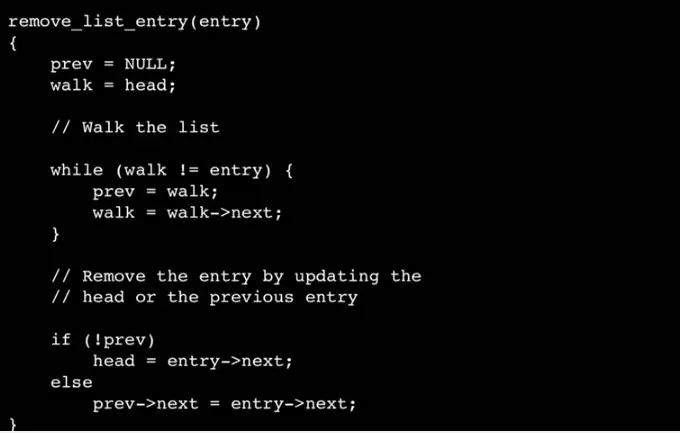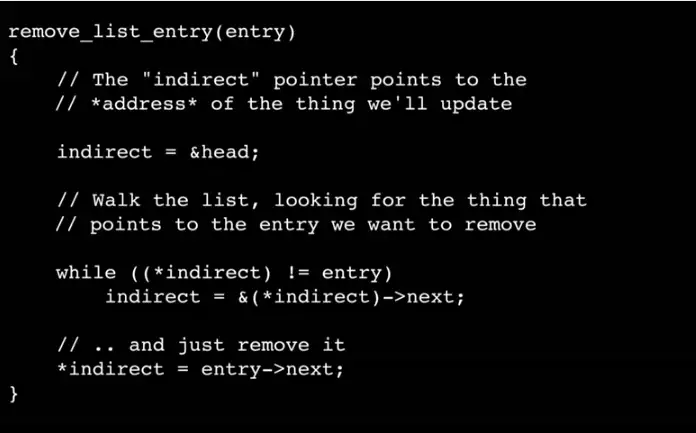1
2
3
4
5
6
7
8
9
10
11
12
13
14
15
16
17
18
19
20
21
22
23
24
25
26
27
28
29
30
31
32
33
34
35
36
37
38
39
40
41
42
43
44
45
46
47
48
49
50
51
52
53
54
55
56
| [root@localhost source]# cat main.c
#include "stdio.h"
#include "string.h"
int append(char *buff, int index, const char *str)
{
int len = strlen(str);
memcpy(buff + index, str, len);
return len;
}
int append_first(char *buff, int index, const char *str)
{
return append(buff, index, str);
}
int append_more(char *buff, int index, const char *str)
{
index += append(buff, index, ",");
index += append(buff, index, str);
return index;
}
//void show_code(const char **str, int (*func[])(char *buff, int index, const char *str)) //等效
void show_code(const char **str, int (*(*func))(char *buff, int index, const char *str))
{
char buff[1024];
int index = 0;
for(int i = 0; str[i]; i++)
{
int select = !!i;
index += func[select](buff, index, str[i]);
}
buff[index] = '\0';
printf("[%s]\n", buff);
}
int main()
{
int (*func[])(char *buff, int index, const char *str) = {
append_first,
append_more,
NULL,
};
const char *str1[]={"Hello", NULL,};
const char *str2[]={"Hello", "World", NULL,};
show_code(str1, func);
show_code(str2, func);
return 0;
}
[root@localhost source]#
|


